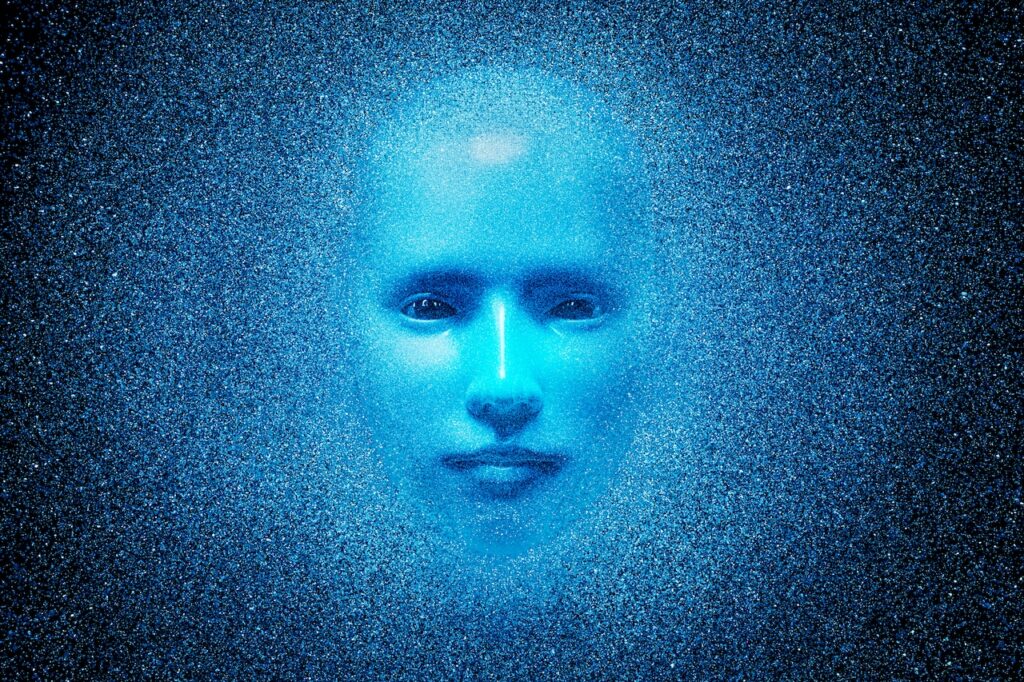CLEVELAND, Ohio — It may sound like the plot of a science fiction movie, but a new bill in Ohio that bans marriage between humans and artificial intelligence addresses a very real concern.
House Bill 469, introduced by Republican Rep. Thad Claggett of Newark, received a lot of attention for its seemingly bizarre premise. But on a recent episode of Today in Ohio, podcast hosts Leila Atassi and Lisa Garvin revealed the bill’s true purpose: preventing AI from becoming legal entities that could protect companies from legal liability.
“We’ve all read these crazy stories about people falling in love with AI, but we wondered if that’s really the basis of something like this,” Atassi said. “Other states passed similar laws, but they didn’t react to people who wanted to marry AI. They were reacting to increasingly sophisticated AI being listed as corporate officers in contracts, attempts to start autonomous AI businesses, and lawsuits, testing whether AI could own intellectual property or be named in lawsuits…”
The bill would declare that artificial intelligence systems can never be considered humans. Beyond the headline-grabbing marriage ban, the bill would also ban AI from owning property or acting as legal representatives, such as having a power of attorney. Importantly, it also establishes that any harm caused by an AI system is attributable to its human creator, rather than to the machine itself.
“(Clajett) is looking for clear guidance from Ohio courts about what is and is not intelligent,” Garvin explained. “And he said, as wild as that may sound, he doesn’t want to leave them in limbo because AI changes virtually every day.”
The bill comes at a time when concerns about AI are becoming more urgent. The podcast hosts discussed a particularly disturbing case of a California teenager who confided in an AI chatbot, which ultimately helped him write a suicide note. This tragedy highlights how technology is already encroaching on deeply personal areas without adequate safeguards.
“I think we’re in this strange new era where loneliness is causing people, especially children, to form emotional attachments with AI,” Atassi said. “Humans are becoming increasingly reliant on machines for connection, and that’s deeply disturbing. But that’s what makes this California teenager’s story so unforgettable… So I think this bill, despite its strange framework, could give families like his a way to hold companies accountable where technology crosses the line between deeply human.”
The bill has already had its first hearing in the Technology and Innovation Committee and appears to have bipartisan support. Democratic Rep. Erica White of Toledo expressed concern that past Supreme Court rulings that made corporations “human beings” could complicate litigation against AI without such laws in place.
While the marriage aspect of the bill generates attention-grabbing headlines, the bill addresses serious questions about the nature of responsibility, responsibility, and personhood in an age of rapidly advancing technology. By establishing clear legal boundaries now, Ohio lawmakers hope to prevent future scenarios in which AI developers could avoid liability for harm caused by their creations.
Listen to the full podcast discussion here.
Listen to full episodes of “Today in Ohio,” where Chris Quinn hosts a daily half-hour news podcast with editorial board member Lisa Garvin, Impact editor Leila Atassi, and content director Laura Johnston.
We may receive compensation when you purchase a product or register for an account through a link on our site. By using this site, you agree to our User Agreement and consent that your clicks, interactions, and personal information may be collected, recorded, and/or stored by us and our social media and other third-party partners in accordance with our Privacy Policy.



